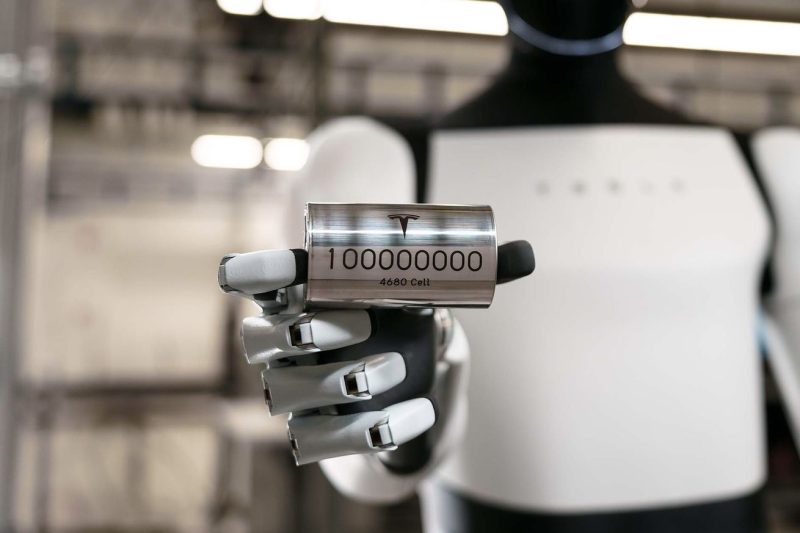The developments in battery technology are at the forefront of the transition towards sustainable energy sources and electric vehicles. One of the most anticipated advancements in this field is the new 4680 cell introduced by Elon Musk’s Tesla. This innovative cell promises improved energy density, power, and cost-effectiveness, aiming to revolutionize the electric vehicle industry and beyond. However, concerns have been raised by the world’s biggest battery maker, CATL, suggesting that the 4680 cell may face challenges and potential failure.
CATL, a major player in the battery manufacturing industry, has voiced skepticism about Tesla’s new 4680 cell technology. The company, known for supplying batteries to leading automakers like Tesla, has cast doubts on the feasibility and durability of the 4680 cell design. CATL’s concerns revolve around the practicality of producing these larger battery cells on a mass scale and the potential risks associated with their performance in real-world applications.
One of the primary reasons for CATL’s skepticism lies in the manufacturing process of the 4680 cell. Tesla’s new cell design is significantly larger than the traditional cylindrical cells, which presents challenges in terms of production efficiency and quality control. Scaling up production to meet the increasing demand for electric vehicles equipped with these new cells could prove to be a daunting task, especially considering the stringent quality standards required for automotive-grade batteries.
Moreover, CATL has also raised questions about the performance and safety of the 4680 cell in real-world scenarios. The larger size of these cells could lead to thermal management issues, potentially affecting their overall reliability and longevity. Ensuring the safety of electric vehicles powered by these new cells is of utmost importance, as any shortcomings in performance or durability could undermine consumer confidence in the technology.
Despite CATL’s reservations, Tesla remains confident in the potential of its 4680 cell technology to drive the next generation of electric vehicles. Elon Musk’s vision for a sustainable energy future heavily relies on advancements in battery technology, and the 4680 cell is a critical component of that vision. Tesla’s dedication to innovation and continuous improvement may eventually overcome the challenges highlighted by CATL, leading to the successful integration of the 4680 cells in their electric vehicles.
In conclusion, while there are valid concerns raised by CATL regarding the potential challenges and failures of Tesla’s 4680 cell technology, it is essential to acknowledge the ambitious goals and progress that Elon Musk and Tesla have made in advancing battery technology. The journey towards a sustainable energy ecosystem will undoubtedly be paved with obstacles and uncertainties, but it is through these challenges that true innovation and progress emerge. Only time will tell whether the 4680 cell will be a game-changer in the electric vehicle industry or whether it will fall short of expectations.

